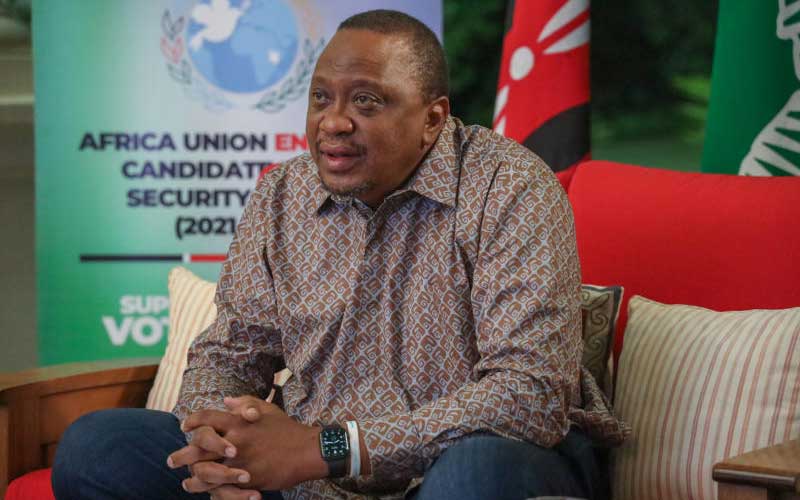×
The Standard e-Paper
Kenya’s Boldest Voice

President Uhuru Kenyatta holds a virtual campaign meeting with permanent representatives of various countries to the United Nations ahead of the United Nations Security Council (UNSC) elections. Kenya won the seat.
After two rounds of voting characterised by anxiety and diplomatic manoeuvre, Kenya floored Djibouti to secure a non-permanent seat at the United Nations Security Council (UNSC).